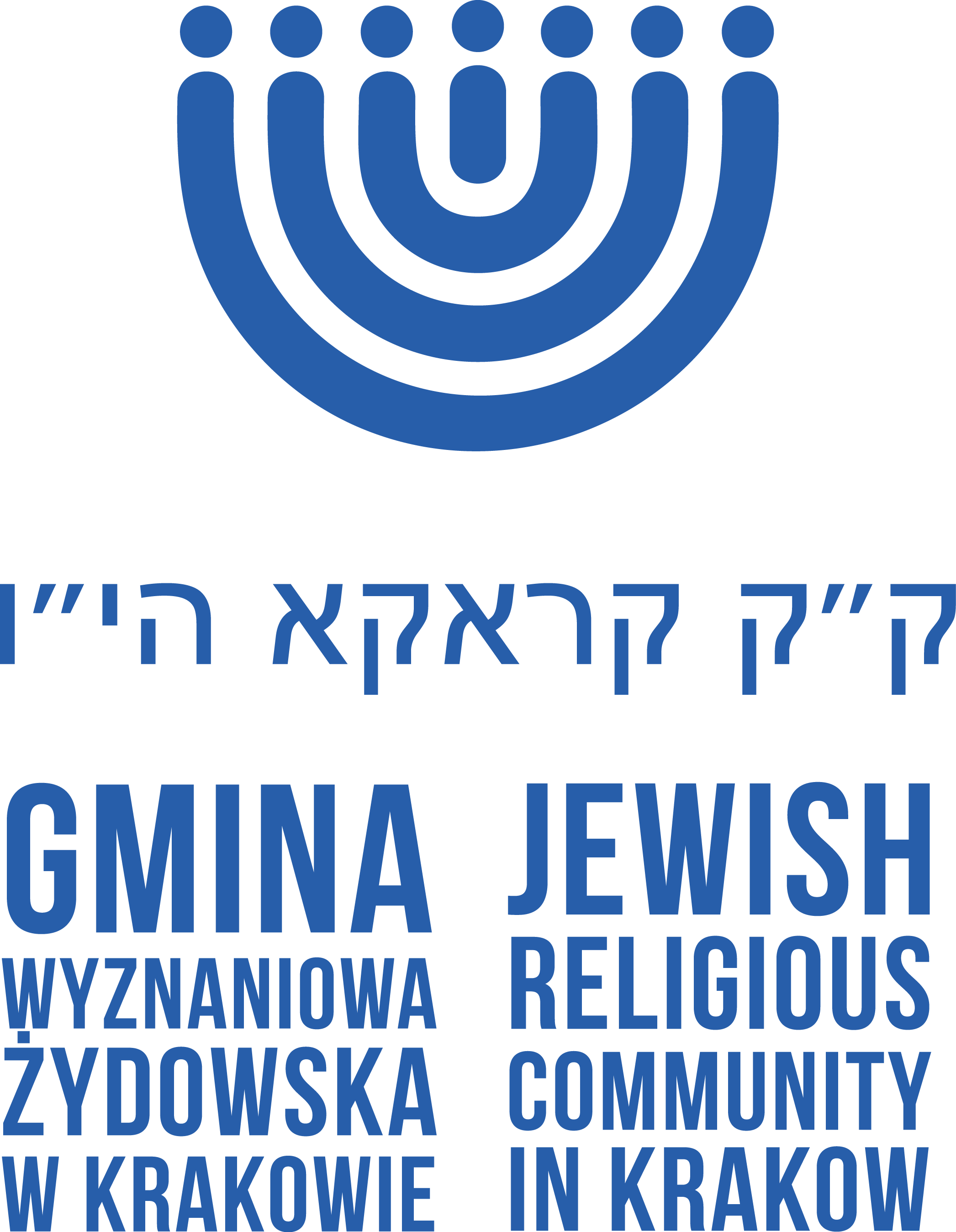BS”D
17 Iyar 5781
Oskar Schinder was born on 28 April 1908 in Zwittau in Moravia (at the time part of Austria-Hungary), now Svitavy in the Czech Republic. When he was 20 he married Emilie Pelzl, the daughter of rich farmers. Oskar worked in the farming machinery factory of his father up to its bankruptcy caused by the international economic crisis. He was then employed as a salesman of a factory from Brno. In 1935 he became a member of the German Sudeten Party (GSP) and later a member of the German Abwehr (intelligence and counter-intelligence). He was arrested in 1938 because of his activities in Czechoslovakia and Poland. He was quickly released after the annexation of the Sudeten by the Third Reich. He became then a Nazi member.
After German troops occupied Kraków (6 September 1939), Schindler was sent there for economic activities. He quickly took over a hardware shop on ul. Krakowska and a former enamelware factory called “Rekord” in Zabłocie. The factory grew under him and was renamed “Deutsche Emailwarenfabrik” (DEF), using Jewish capital. DEF not only produced enamel goods, but also supported the war industry. This gave DEF strong grounds for survival, since increasing activity on the front meant special privileges. Additionally from selling to the army it also profited on the black market and it was for this reason that Schindler was arrested a few times. He was released because of his connections with well-placed Nazis in the General Gouvernement. The DEF hired more and more Jews, first on economic grounds. In 1943, behind the factory, he built a camp for his Jewish workers, in which a few hundred prisoners were taken. In 1944, with the front nearing Kraków, Schindler evacuated the production and the workers to Brünnlitz in Moravia, where the factory was active until the arrival of the Red Army (8 May 1945). The Jewish workers prepared a letter for Schindler and for his wife with information on their actions during the war, with which they could safely travel: first to Constance, then to Münich.
After the War Schindler kept in contact with the Jews he had saved and was helped by them individually and through Jewish organisations. It was this support that allowed him to emigrate to Argentina, where he had a farm, which however quickly went bankrupt. Eventually he went back to Germany. His deeds were often recounted by Jews who had been former workers of him in Kraków and he went to Israel several times on their invitation. In 1963 he received the title of Righteous Among the Nations by the Yad Vashem institute in Jerusalem. He died in 1974 in Hildesheim in Germany and, according to his will, was buried in a Catholic cemetery on mount Zion in Jerusalem.
The story of Schindler was first known through Schindler’s Ark by Thomas Keneally, but became world-famous only after it was made into a film by Steven Spielberg, called Schindler’s List.
Taken from https://muzeumkrakowa.pl/oddzialy/oskar-schindler , translation by Dr D Cohen

